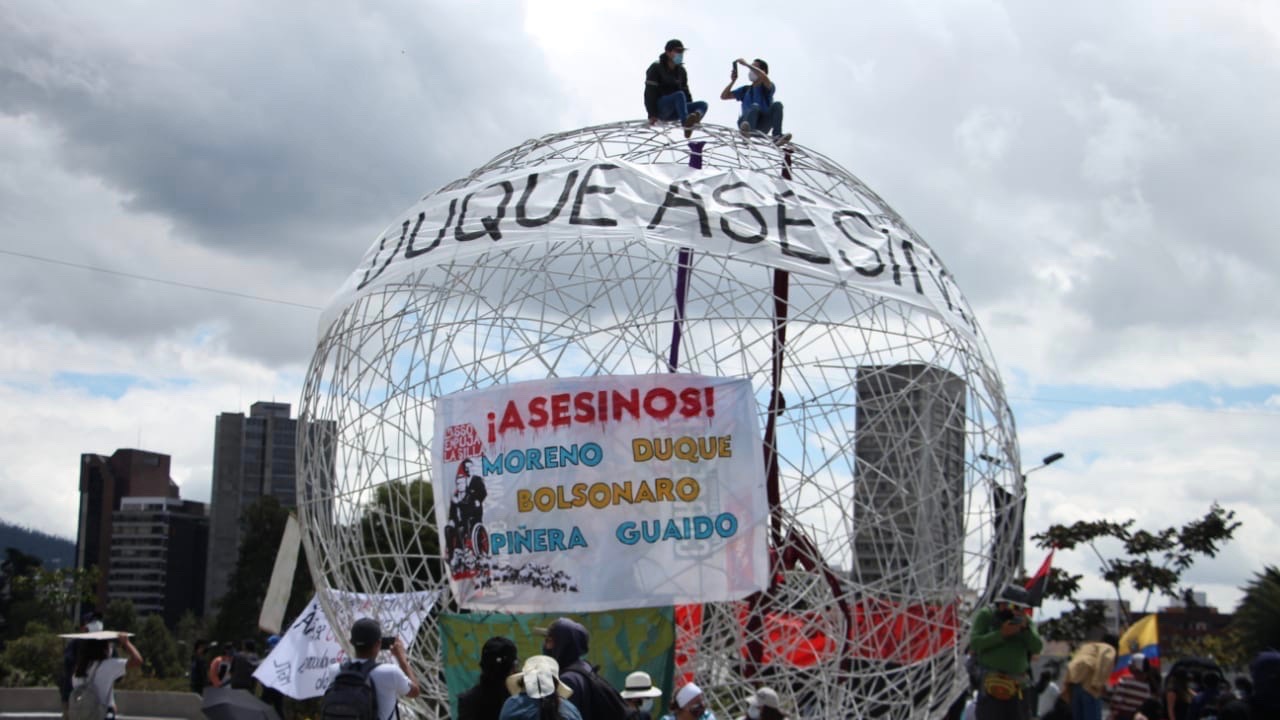Guillermo Lasso of the right-wing coalition of Creating Opportunities party (CREO) and Social Christian Party (PSC) was sworn in as the president of Ecuador on May 24 with Alfredo Borrero as the vice president of the country. The duo will govern the Latin American country for the next four years.
The inauguration ceremony was held at the Legislative Palace in the capital Quito. It was attended by several conservative leaders including Brazilian President Jair Bolsonaro, the Dominican Republic’s President Luis Abinader, Haiti’s de-facto President Jovenel Moïse, Spanish King Felipe VI, among other delegates from various Latin American countries and the US.
In his first speech as president, Lasso stressed that the incoming government receives a country with historical levels of unemployment and poverty marked by its inability to face the COVID-19 pandemic, and with one of the highest levels in the region of chronic child malnutrition and lacerating inequalities between the rural and the urban world. Despite having close links to the prior government and alignment in policy, he criticized the policies adopted and implemented by Moreno, in the health and education sectors as well as in attention to the retired population of the country.
May 24 marked the 199th anniversary of the Battle of Pichincha, which led to Ecuador’s independence from Spain. In commemoration of the heroic deed, like every year, a military event was held at the Cima de la Libertad museum to pay homage to the heroes of the battle, led by Antonio José de Sucre, liberator Simon Bolívar’s most trusted military subordinate, fought on the slopes of the Pichincha volcano. The event was attended by the outgoing military and legislative members.
At the same time as these official events, protests rejecting Moreno’s neoliberal rule were held outside the headquarters of the National Assembly. The demonstrating groups of people demanded that the new president comply with his commitments made in social, economic and health matters during the election campaign.
65-year-old conservative banker Lasso won the second round of presidential elections against progressive economist Andrés Arauz in April. He faces the challenge of alleviating the economic, health and social crises caused by Moreno’s austerity policies and exacerbated by the COVID-19 pandemic. According to the official data, during the last year, unemployment rose from 4.6% to 5.5%, while poverty increased from 25% to 32%. Many political experts anticipate that his administration will continue the neoliberal measures policies adopted by Moreno, and the situation will not change for the majority of the population, the working class.





